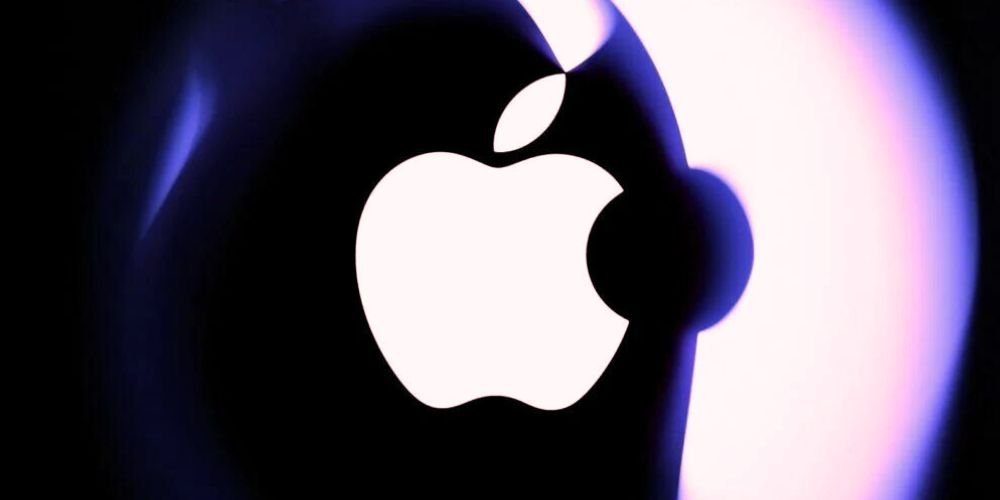Key Points
- The European Commission launched proceedings to ensure Apple’s compliance with the Digital Markets Act (DMA).
- Apple must enable iOS interoperability with smartwatches, headphones, and VR headsets.
- Apple must also establish a fair process for developers requesting interoperability on iOS and iPadOS.
- The company warns that opening its ecosystem could lead to security risks for European consumers.
The European Union’s antitrust regulators initiated proceedings on Thursday aimed at ensuring Apple complies with the Digital Markets Act (DMA), a landmark set of rules designed to open up tech ecosystems to competition. Apple faces potential fines if it fails to meet the requirements laid out by the EU.
The DMA, which came into effect last year, mandates that large tech companies, known as “gatekeepers,” allow rival firms access to certain aspects of their platforms to foster competition. The European Commission, the EU’s competition watchdog, launched two specification proceedings to define exactly how Apple must adjust its business practices to meet the new rules.
“This is the first time we are using specification proceedings under the DMA to guide Apple toward effective compliance with its interoperability obligations through constructive dialogue,” said Margrethe Vestager, the EU’s antitrust chief, in a statement.
The first of the two proceedings focuses on the interoperability of Apple’s iOS operating system with other devices, such as smartwatches, headphones, virtual reality headsets, and other internet-connected gadgets. Apple must ensure that competitors can effectively connect their devices to the iOS platform, with interoperability across notifications, device pairing, and connectivity.
The second proceeding deals with how Apple handles interoperability requests from developers and third-party companies for iOS and iPadOS. The EU is requiring Apple to create a transparent, timely, and fair process so that developers can effectively collaborate and compete on Apple’s platforms. Both proceedings are expected to be completed within six months.
Apple responded that it would work with the Commission to comply but expressed concerns about potential risks. In a statement, the company emphasized that opening up its ecosystem could expose consumers to security threats. “Undermining the protections we’ve built over time would put European consumers at risk, giving bad actors more ways to access their devices and data,” Apple stated.
If Apple fails to comply with the DMA’s requirements, it could face fines of up to 10% of its annual global turnover, a penalty that could amount to billions of dollars.




